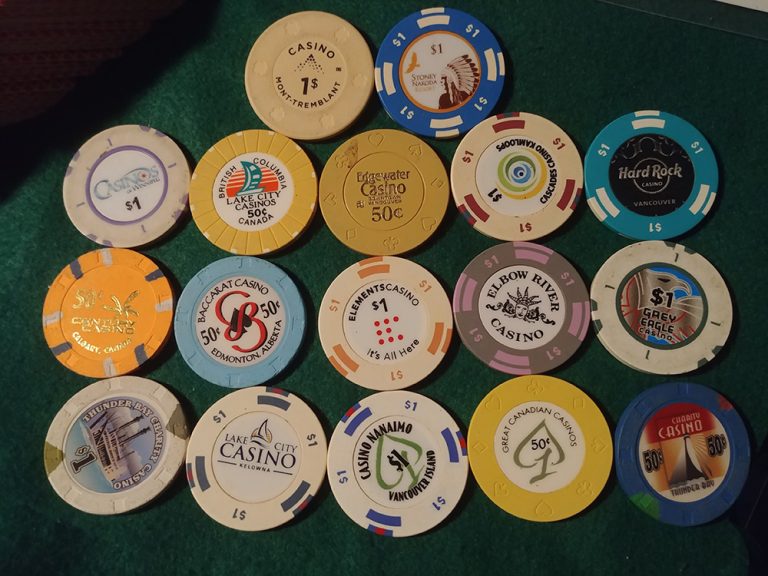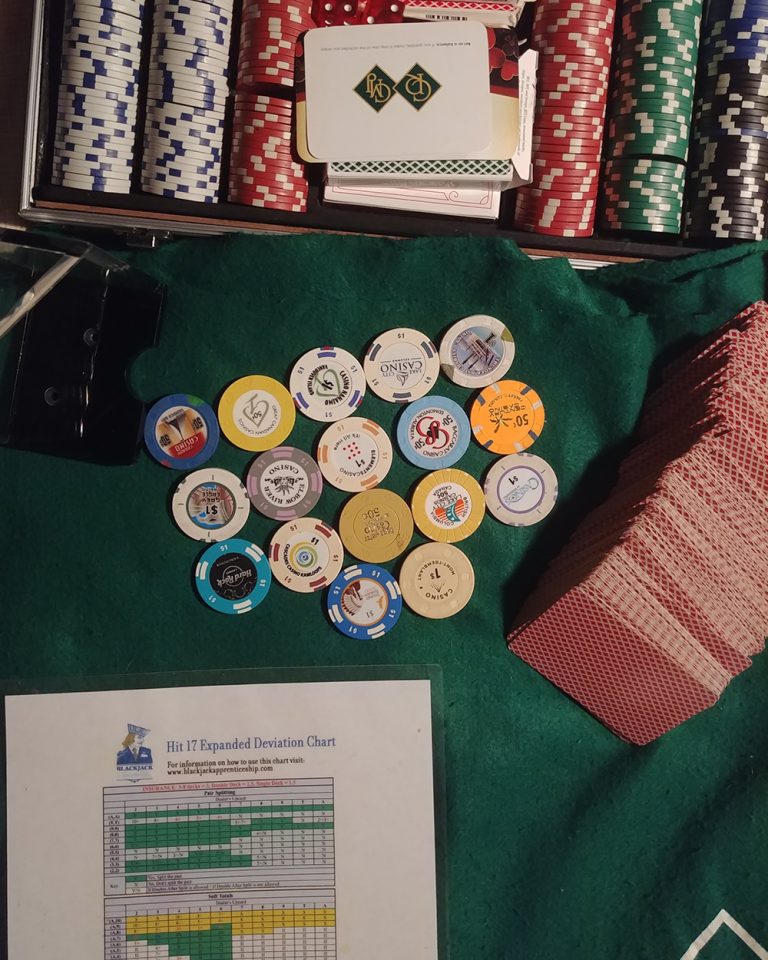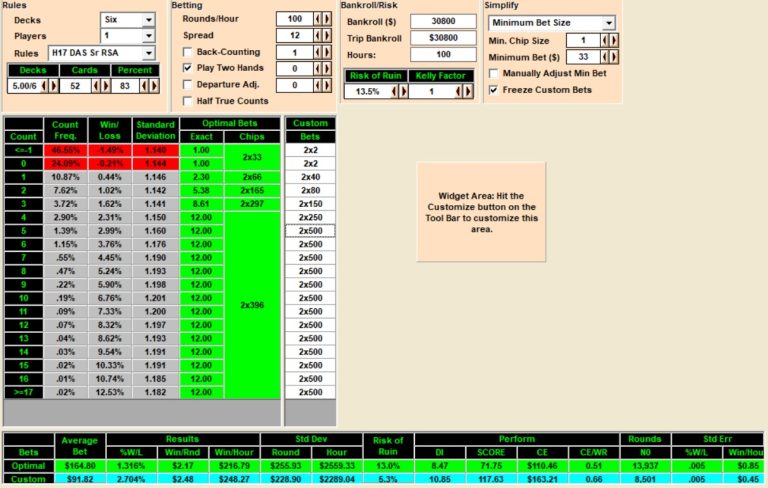When I first heard about card counting, I was an 18 year old construction worker who was intrigued by the idea that people were making a living by playing blackjack. It sounded like something out of a movie, yet I soon realized it was a profound lesson in business management waiting to unfold.

The Beginnings of Blackjack Card Counting
My first introduction to the concept of card counting in blackjack came via the movie ’21’. My friend John Ha (an amazing magician) was the second person to bring this idea to my attention. Curiosity led me to research its legality, debunking myths along the way. Contrary to popular belief, in both Canada and the USA, courts have ruled that card counting isn’t cheating; it’s simply using your brain to play within the rules that casinos provide. It’s a strategy game where you calculate advantages based on the cards in play—a concept foundational to both blackjack and business. Like most things in life, it takes studying and practice to master.
The Basics: Strategy and Deviations
Card counting isn’t merely about keeping track of cards; it’s about knowing when to deviate from basic strategy based on the composition of the deck and managing your bankroll. These strategic decisions, known as “deviations”, mirror the choices entrepreneurs face—when to pivot, when to seize an opportunity, and when to manage risk. For instance, while basic strategy advises against splitting a pair of 10s, in certain card counting scenarios where the decks are flush with high cards, splitting is the optimal move. This approach challenges conventional wisdom the blackjack table, much like innovative business strategies can disrupt industries.

Challenges in the Game and Business
Casinos, naturally, aren’t fond of winning players. Their responses—from changing the way you are allowed to play blackjack, such as like flat-betting you, to outright banning successful players—mirror the challenges that us entrepreneurs face when we disrupt markets. The shift from hospitality to hostility underscores the risks inherent in seeking an edge, whether in blackjack or in business.
Lessons in Risk and Reward
Success in blackjack card counting, much like in business, hinges on meticulous risk assessment and effective money management. The parallels are evident: you need both the strategic foresight to understand the game (or market) and the financial resources to sustain operations. Neglecting either jeopardizes your chances of success. Just as a card counter must carefully manage their bankroll to withstand inevitable downturns, a business must allocate capital wisely to weather economic fluctuations and seize growth opportunities.

Insights from 'Blackjack Apprenticeship' Card Counting Lessons
Drawing from Colin’s insights at ‘Blackjack Apprenticeship‘, success in both arenas demands more than financial capital—it requires a perfect game plan. Starting small and building from a solid foundation. With determination and patience, it can yield substantial returns over time. Whether managing a blackjack bankroll or a business budget, calculated decisions minimize risks and maximize returns.
Conclusion: Business Beyond the Table
My journey on learning how to beat the game of blackjack via card counting taught me invaluable lessons about business management.
Here in Canada (where I live) there’s not many beatable blackjack games, so it’s nearly impossible to make a full-time career out of it. Many Canadian casinos implement different strategies to deter winning players like using “automatic shuffle machines” where the cards get shuffled every few rounds, making it not possible to count. I did get a chance to try my skills at the casino, experiencing both beating the game, and being asked to not play blackjack anymore. Saying that, never once did I get trespassed from a casino property.
It did however underscore the importance of strategy, risk assessment, and continuous improvement—lessons applicable far beyond the casino floor. In business, as in blackjack, success favors those who combine skill with calculated risk-taking By applying these principles—from understanding odds to scaling operations—I’ve learned that while the games may differ, the principles of success remain constant. Whether counting cards or counting profits, the formula for success lies in mastering the game, managing resources wisely, and seizing opportunities when they arise.
Gambling never interested me. However, learning about it introduced me to many who are addicted. I’ve witnessed people lose fortunes and their sanity at the tables. If you struggle with gambling, I recommend learning the game not to profit, but to understand its volatility. Learning the significant advantage casinos hold will likely deter you from impulsively risking your money.
Casinos prey upon the weak. In my opinion, they are some of the most evil organizations that exist today. If you want to hear more from me personally about counting cards in blackjack feel free to give me a call. I always love chatting with fellow entrepreneurs who are interested in taking risks.
